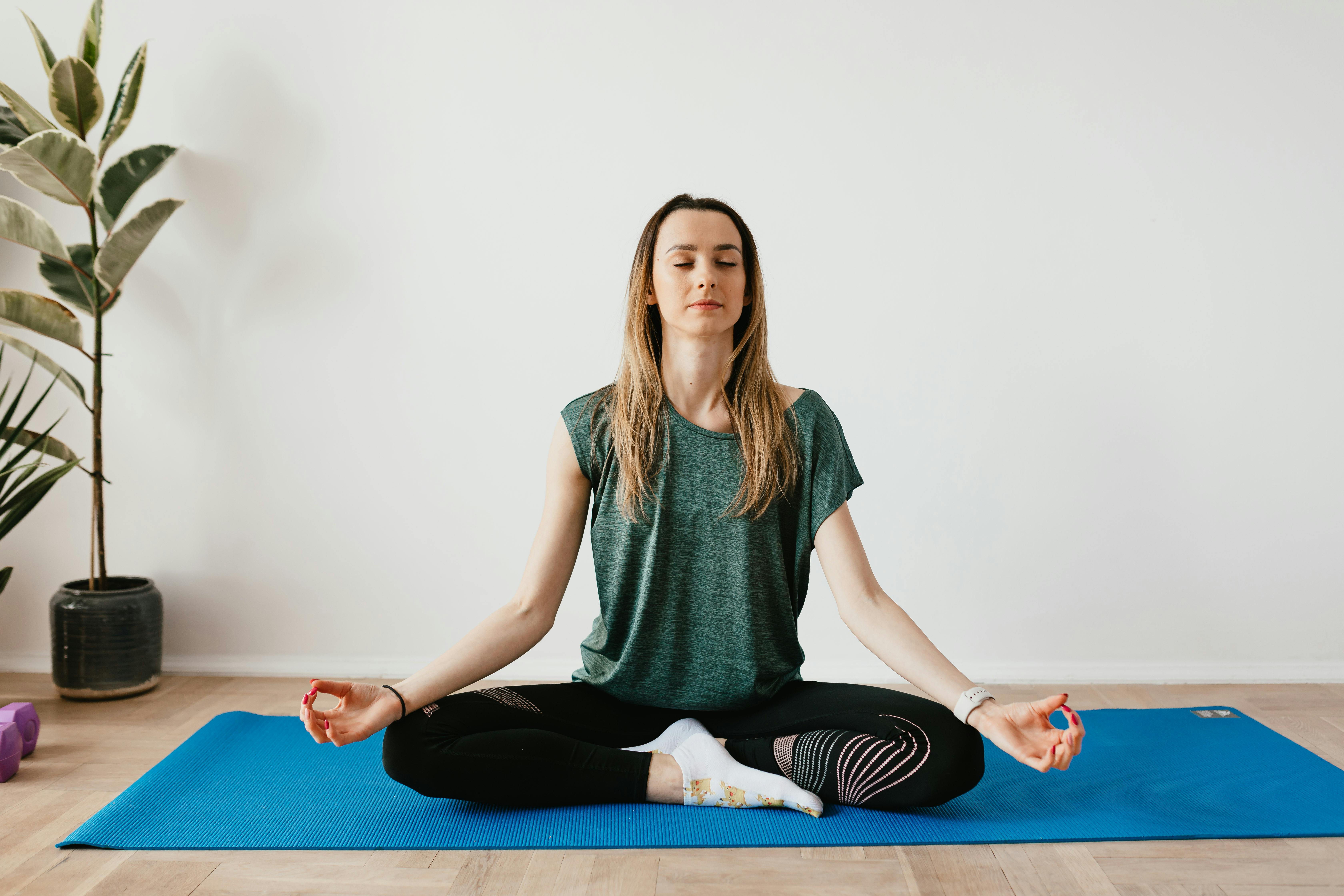In today’s fast-paced world, stress has become a common part of our daily lives. However, mindfulness techniques offer powerful tools to help manage and reduce stress. This guide explores various mindfulness practices that can enhance your well-being and bring a sense of calm and balance to your life.
1. Understanding Mindfulness
Mindfulness is the practice of being fully present and engaged in the current moment, without judgment. It involves paying attention to your thoughts, feelings, and sensations in a non-reactive way. By cultivating mindfulness, you can develop a greater awareness of your experiences and learn to respond to stress more effectively.
2. Mindfulness-Based Stress Reduction (MBSR)
Developed by Jon Kabat-Zinn, MBSR is an eight-week program that combines mindfulness meditation and yoga. It aims to help individuals manage stress, anxiety, and pain. The program includes weekly group classes and daily mindfulness exercises to practice at home. Research has shown that MBSR can significantly reduce stress and improve overall well-being.
3. Mindfulness Meditation
Mindfulness meditation is a core practice in mindfulness. It involves focusing your attention on the present moment, often by concentrating on your breath. Here are some common mindfulness meditation techniques:
- Breathing Exercises: Sit comfortably and focus on your breath. Notice the sensation of the air entering and leaving your nostrils. If your mind wanders, gently bring your attention back to your breath.
- Body Scan: Lie down or sit comfortably. Slowly bring your attention to different parts of your body, starting from your toes and moving up to your head. Notice any sensations, tension, or discomfort without trying to change them.
- Mindful Observation: Observe your thoughts and feelings without judgment. Acknowledge them and let them pass without getting caught up in them.
4. Breath Focus
Breath focus is a simple yet powerful technique to reduce stress. It involves taking long, slow, deep breaths to help disengage your mind from distracting thoughts and sensations. This practice can promote relaxation and reduce the physical symptoms of stress, such as a racing heart or shallow breathing.
5. Yoga and Stretching
Yoga combines physical postures, breathing exercises, and meditation to promote overall well-being. Practicing yoga can enhance mindfulness by encouraging you to focus on your body and breath. Regular yoga practice has been shown to reduce stress, improve flexibility, and increase mental clarity.
6. Guided Imagery
Guided imagery involves visualizing calming and peaceful scenes to help reduce stress. You can find many guided imagery exercises online or through mindfulness apps. This technique can help you relax and shift your focus away from stressors.
7. Mindful Eating
Mindful eating involves paying full attention to the experience of eating and drinking, both inside and outside the body. This practice can help you develop a healthier relationship with food and reduce stress related to eating habits. To practice mindful eating, try to eat slowly, savor each bite, and notice the flavors, textures, and smells of your food.
8. Mindful Walking
Mindful walking is a way to incorporate mindfulness into your daily routine. It involves walking slowly and deliberately, focusing on the movement of your body and your surroundings. Pay attention to the sensation of your feet touching the ground, the rhythm of your breath, and the sights and sounds around you.
Integrating Mindfulness into Daily Life
To make mindfulness a part of your daily life, start with small, manageable practices. Here are some tips:
- Set Aside Time: Dedicate a few minutes each day to mindfulness practice. Gradually increase the duration as you become more comfortable.
- Create a Routine: Incorporate mindfulness into your daily routine, such as during your morning coffee, while commuting, or before bed.
- Be Patient: Mindfulness is a skill that takes time to develop. Be patient with yourself and practice regularly.
- Use Technology: There are many mindfulness apps available that offer guided meditations, reminders, and tips to help you stay on track.
Conclusion
Mindfulness techniques offer a powerful way to manage and reduce stress. By incorporating practices such as mindfulness meditation, breath focus, yoga, guided imagery, mindful eating, and mindful walking into your daily life, you can cultivate a greater sense of calm and well-being. Remember, the key to mindfulness is consistency and patience. Start small, practice regularly, and enjoy the journey towards a more mindful and stress-free life.

